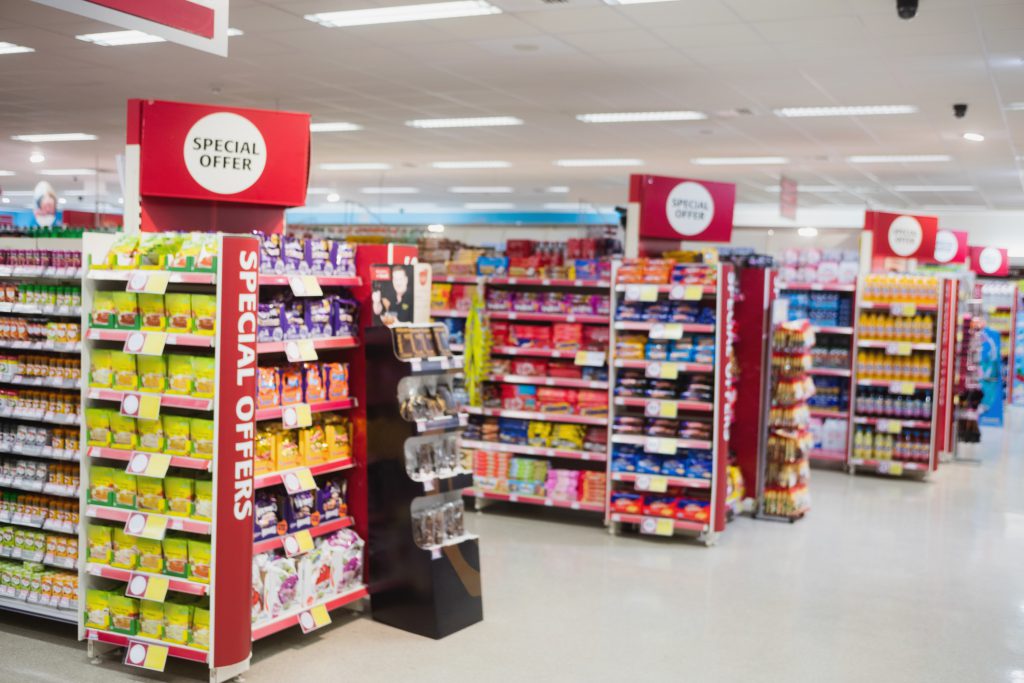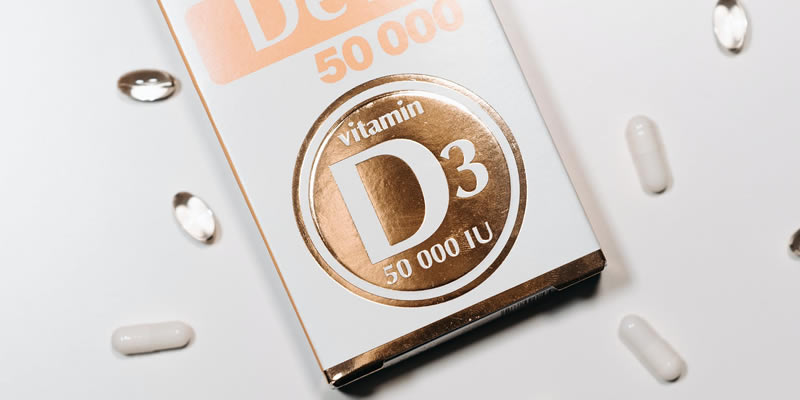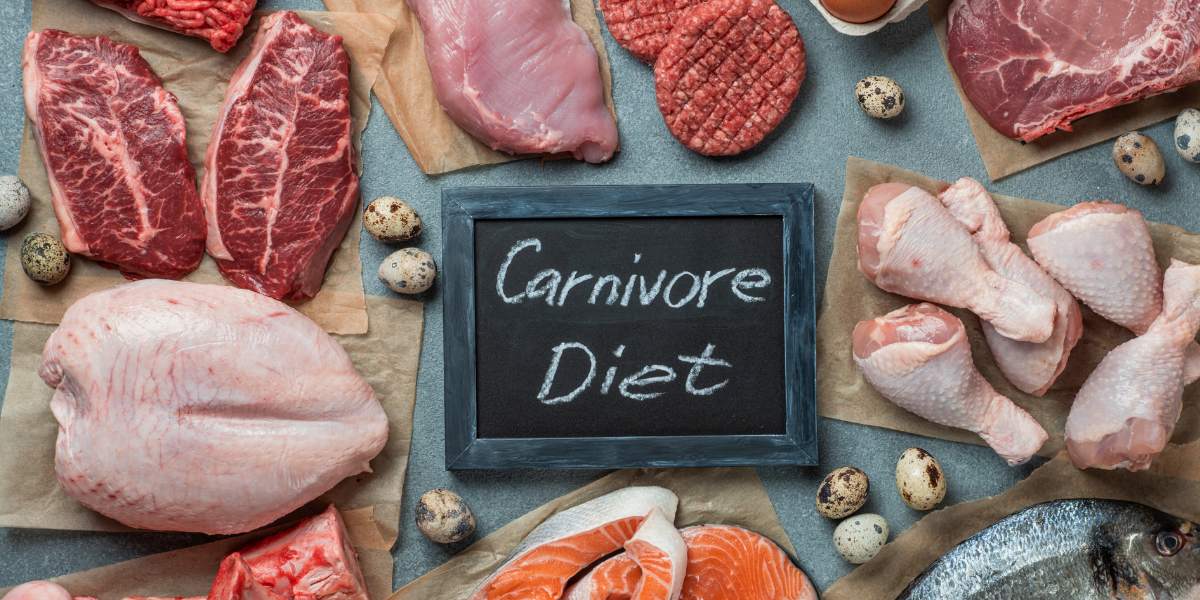Kellogg’s will no longer be able to display its cereals at the end of supermarket aisles or include them in multibuy offers after losing a high court battle.
The food giant launched a legal challenge against the Department of Health and Social Care over legislation coming into effect in October that will restrict the promotion and placement of unhealthy products online and in-store.
In April, the company announced it planned to challenge the upcoming restrictions after arguing they do take into consideration the reduced sugar and salt proportions of its cereals when served with milk.
However, the Royal Courts of Justice ruled in favour of the government, with Judge Mr Justice Linden saying that Kellogg’s cereals “do not come with instructions for preparation which say that they should be consumed with milk”.
While acknowledging that breakfast cereals can be part of a healthy diet, the judge stated that promoting the nutritional benefits of a particular product “does not affect the point that if it contains excess fat, sugar or salt, that feature of the product is adverse to a child’s health.
“Nor does mixing a breakfast cereal which is high in, for example, sugar, with milk alter the fact that it is high in sugar.”
During the case, Justice Linden was told how one 100g portion of Kellogg’s Frosties contains 37g of sugar.
“The suggestion Frosties should not be regarded as a less healthy product because of the nutritional value of the milk is surprising,” he added.
As part of the government’s strategy for tackling obesity launched in 2020, the new regulations seek to align the promotions customers face when shopping with the government’s healthy eating guidelines.
There are further concerns that the way food products are displayed in supermarkets and shops makes it difficult for families to make healthy choices while shopping.
Foods and drinks high in salt and fat will also come under the ban, preventing them from being displayed in ‘key locations’, including store entrances, aisle ends and checkouts.

The UK is currently facing an obesity crisis, with reports that over 21 million adults will be classed as obese by 2040, while a further 42 million or 71% of the adult population will be overweight by the end of the next two decades.
Being obese impacts your life expectancy and puts you at a higher risk of developing chronic diseases including cardiovascular disease, type 2 diabetes and at least 12 different types of cancer.
After the ruling, Kellogg’s Managing Director Chris Silcock, said: “While disappointed with this judgment, we respect the decision of the courts and do not intend to appeal. We still believe that it is important that cereals are measured in a way which reflects how most people eat them – with milk.
“We also remain concerned at the way the Government introduced these regulations – which, in our view, was without proper Parliamentary scrutiny.”
Kellogg’s is predicted to lose £5 million in annual profits due to the new legislation, with its popular cereals such as Crunchy Nut Corn Flakes and Fruit and Fibre all affected by the ban when implemented later this year.
“By restricting the placement of items in supermarkets, people face less choice and potentially higher prices. That’s why, in the midst of a cost-of-living crisis, we would strongly urge the Government to rethink these regulations and put the consumer first.”
Earlier in May, the government announced that the rules on multibuy and buy one get one free deals will be delayed by a year due to the cost-of-living crisis.
However, while shoppers can expect to find food and drinks high in fat, sugar or salt included in promotions for some time yet, the new regulations on unhealthy product placements will still come into force as planned in October.
Will removing unhealthy foods and drinks from key areas stop people from buying them?
Let us know your thoughts over on the forum.






